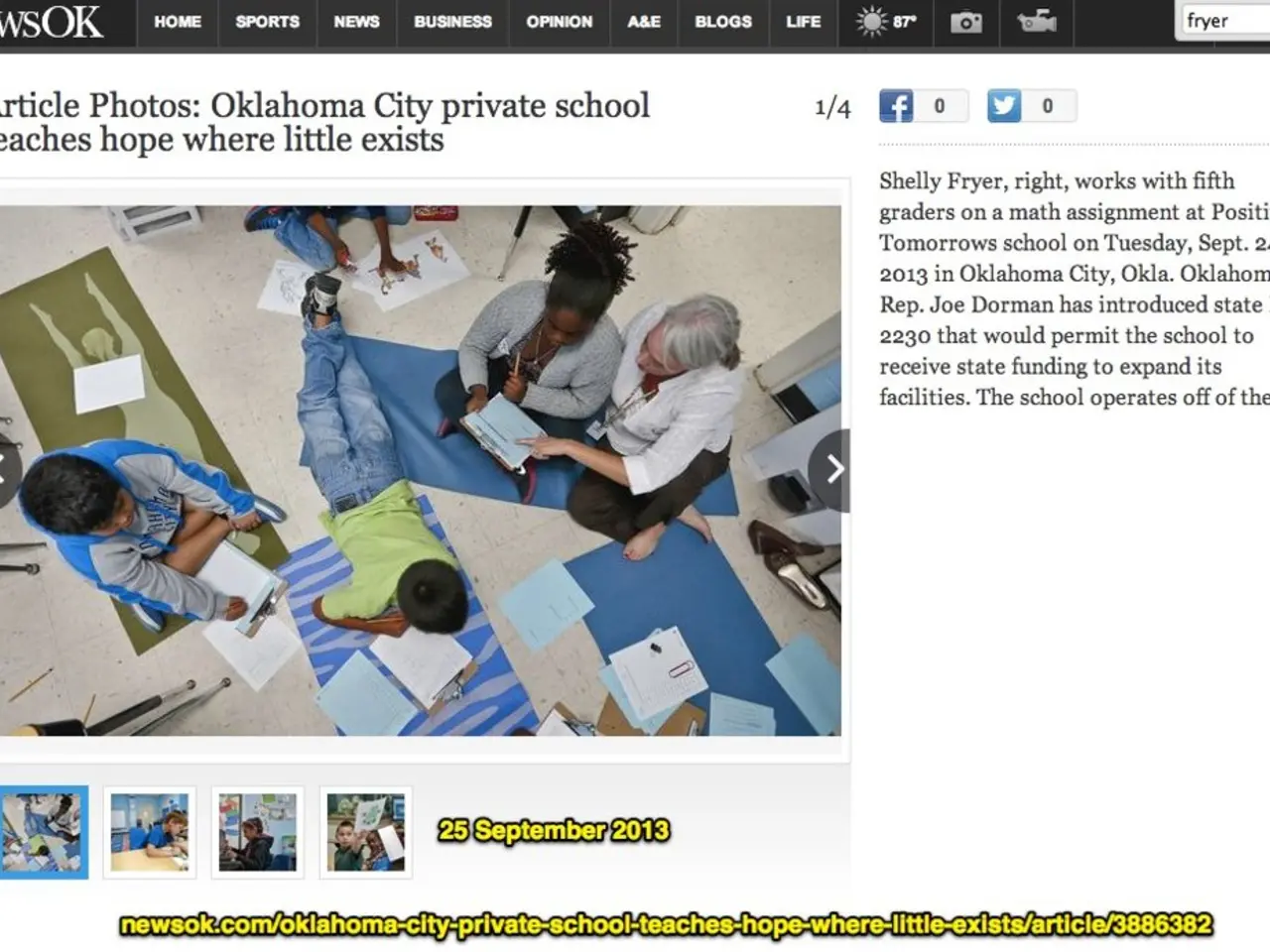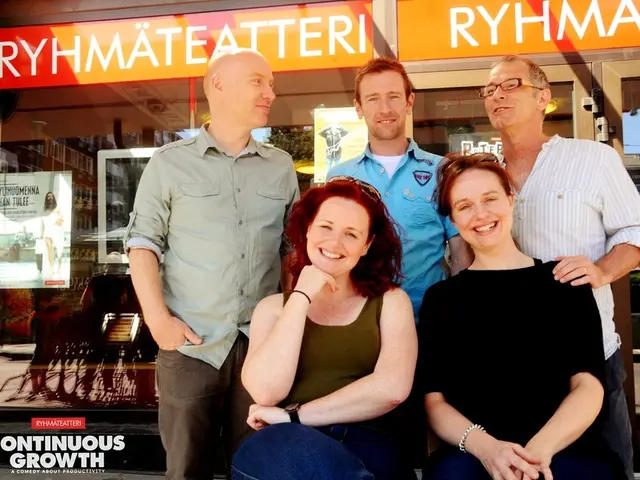Social media usage by youth faces potential restriction, as suggested by Özdemir
Green party top candidate Cem Özdemir has proposed a social media ban for children and young people under the age of 16, sparking significant debate and mixed reactions among the public in the run-up to the Baden-Württemberg state election.
Arguments for the Ban
Özdemir argues that children should learn to use smartphones and digital media responsibly, much like learning to drive, through guided supervision by parents and teachers. This approach aims to protect children from the potential negative impacts of social media, such as cyberbullying and exposure to inappropriate content.
Some supporters see the ban as a way to safeguard children’s mental health and well-being by limiting their exposure to potentially harmful online environments.
Arguments Against the Ban
Critics argue that enforcing such a ban would be difficult, as it is challenging to monitor and control access to social media platforms for minors. Younger voters and some parents have expressed concern that the ban infringes on children's freedom and autonomy, potentially stunting their ability to engage with modern technology and social issues.
Some argue that by the time children reach 16, they have already been exposed to social media for several years, either through friends or personal accounts, making the proposed ban less effective.
Public Sentiment
The proposal has sparked a backlash, particularly from younger voters who see it as overly restrictive and impractical in today's digital age. However, there is also support from those who believe that protecting children from the potential harms of social media is essential for their development and well-being.
The overall sentiment is divided, reflecting broader societal debates about technology use and regulation among minors.
Further Considerations
In response to the argument that age limits are not enforceable, Özdemir compares it to the regulation of alcohol access, stating that allowing small children to have access to social media is as unreasonable as allowing them to drink alcohol.
Cem Özdemir also considers implementing controls in conjunction with the proposed social media ban. He compares the proposed social media ban to the process of learning to drive, suggesting a gradual introduction.
The Green politician's proposal for social media controls is generating significant discussion and debate in the context of the upcoming Baden-Württemberg state election. Özdemir aims to make his party the strongest force in the election, and this proposal is likely to play a significant role in shaping the political landscape in the region.
[1] Green politician Cem Özdemir justifies his proposed social media ban for children and young people under 16 due to the danger of unsupervised media use. [2] Cem Özdemir's proposal has sparked controversy, particularly among young voters, but he stands by his stance on the issue. [3] The proposed ban applies to platforms like TikTok and Instagram. [4] According to Özdemir, children and young people need to learn responsible smartphone use, which should be under close supervision. [5] In response to the argument that age limits are not enforceable, Özdemir compares it to the regulation of alcohol access, stating that allowing small children to have access to social media is as unreasonable as allowing them to drink alcohol. [6] Cem Özdemir was formerly the Federal Minister of Agriculture. [7] The proposal has been made in the context of the upcoming Baden-Württemberg state election. [8] Cem Özdemir, the Green party top candidate, aims to make his party the strongest force in the Baden-Württemberg state election.
Read also:
- Today's most impactful photographic moments
- Support for Eric Adams in The Post's Letters to the Editor on August 13, 2025
- Roosting Shark and Rambunctious Red Squirrels: Unconventional House Rental in Yorkshire Involving Aquatic Marvel, Squirrely Mayhem, and Mystical Planning Regulations
- Love, Work, and Friendship Harmonies between Aries Signs








